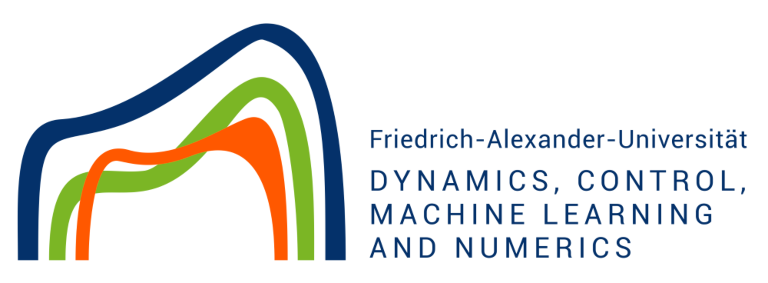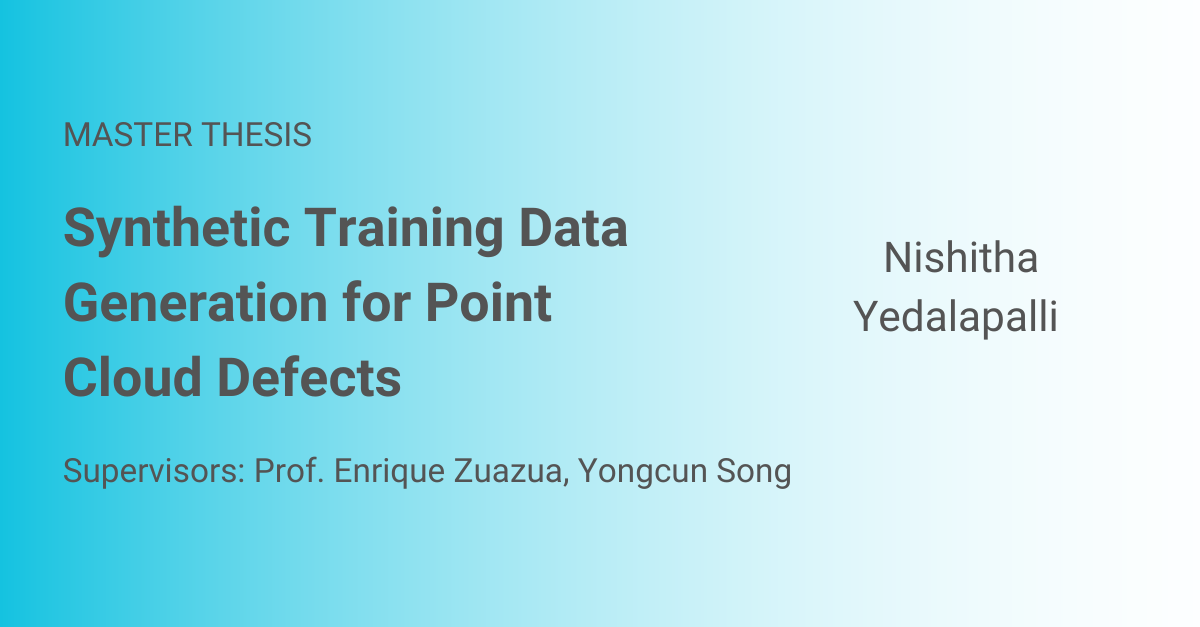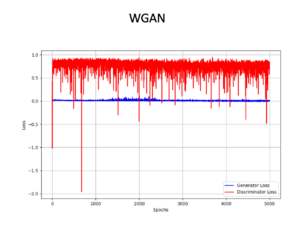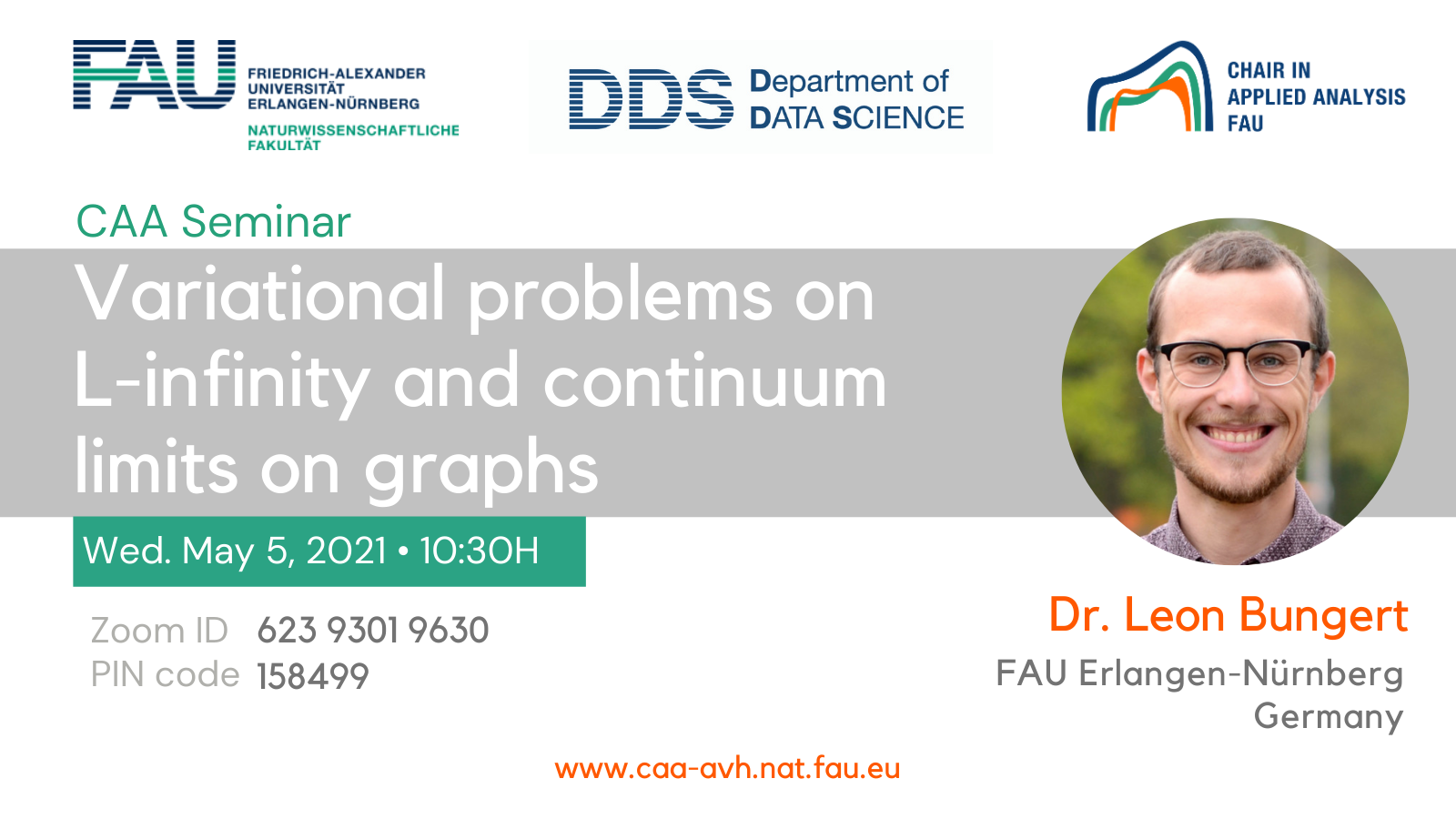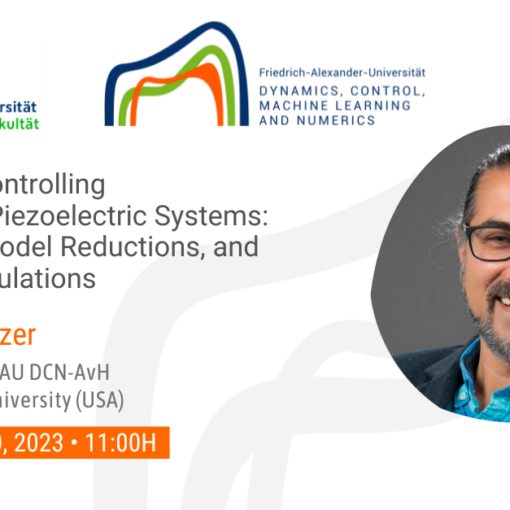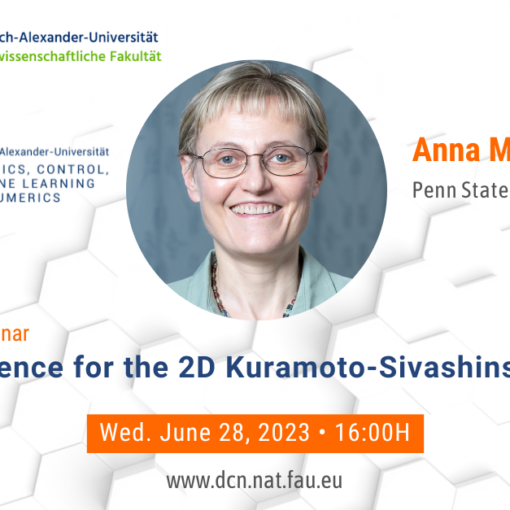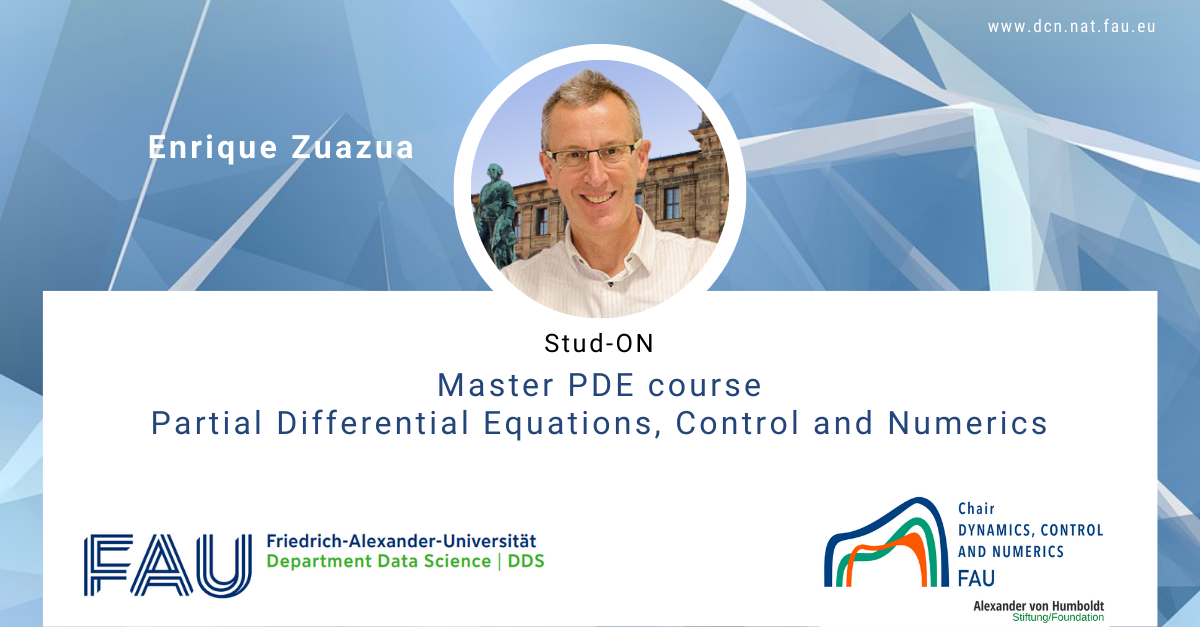Master Thesis: “Synthetic Training Data Generation for Point Cloud Defects”
Author: Nishitha Yedalapalli
Supervisor: Prof. Enrique Zuazua
Date: January 29, 2024
In the field of aviation maintenance, white light interferometry is useful for detecting submillimeter cracks within combustion chambers. This cutting-edge technology gen- erates high-resolution point cloud data that captures fine surface features. However, because the sensor data contains surface roughness, it is difficult for standard data processing techniques to distinguish between benign surface abnormalities and genuine cracks. To overcome this barrier, the proposed solution makes use of deep learning methodologies. The goal is to create models capable of recognizing minute and as well as essential distinctions between surface roughness and real cracks using advanced neural network architectures. Deep learning introduces a paradigm change by allowi- ng the system to understand deep patterns and make nuanced decisions based on the intricacies contained in the data. However, the aviation industry, particularly in aircraft maintenance, faces a data deficit. The lack of data makes training and generalizing models particularly challenging. Therefore, the technique employs Gene- rative Adversarial Networks (GANs) to produce synthetic data.
To address the issue of limited data, the proposed technique entails building a robust pipeline dedicated to creating synthetic training samples using Generative Adversarial Networks (GANs). One critical component of this pipeline is the creation of artificial cracks. The method involves training a GAN with actual crack data and then using its generator to generate synthetic cracks. The synthesized data, which has been enhanc- ed with various crack patterns, will subsequently be used to train a deep learning network. The end goal is to increase the efficiency of crack detection procedures during airplane maintenance by combining the power of GANs and deep learning techniques to solve data shortages and improve the model’s generalization capabilities. This method not only overcomes data constraints but also enables the model to accur- ately identify diverse crack configurations observed in real-world situations.
See all details at:
Master Thesis: “Synthetic Training Data Generation for Point Cloud Defects”, by Nishitha Yedalapalli (January 29, 2024)
Supervisor: Prof. Enrique Zuazua
